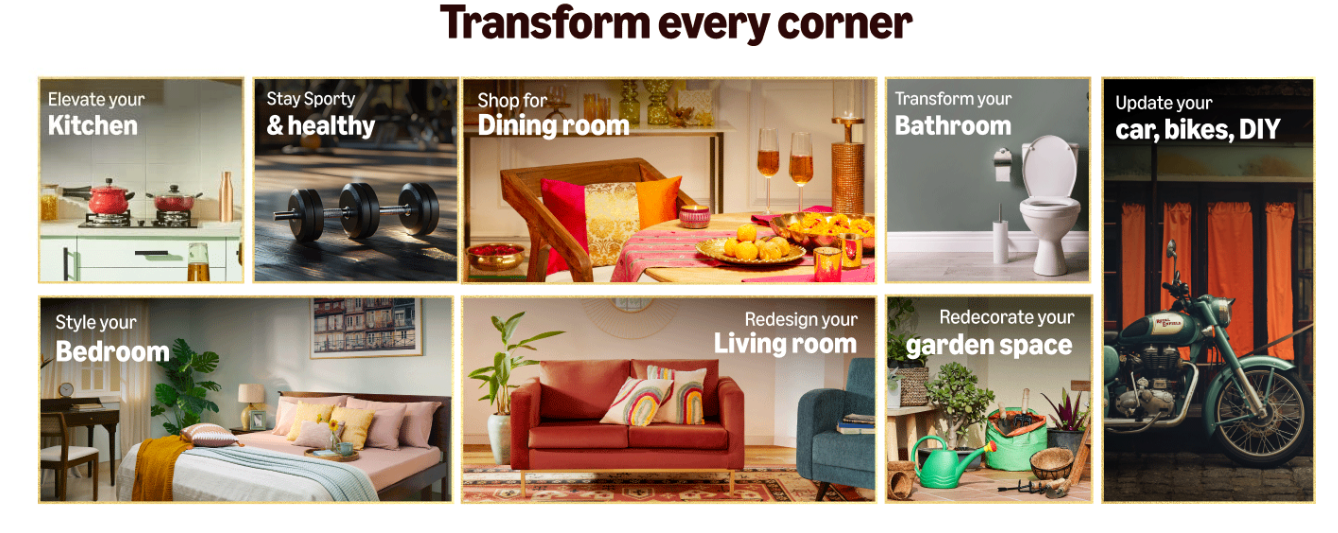Shopping can be an enjoyable activity, but it often comes with emotional triggers that can lead to impulsive spending. Understanding these triggers and learning how to handle them can help you make more mindful and financially sound decisions. Here, we will delve into the common emotional triggers in shopping and provide practical tips on how to manage them effectively.
Table of Contents
Understanding Emotional Triggers
Emotional triggers are psychological responses to specific situations or stimuli that influence our behavior. In the context of shopping, these triggers can compel us to make purchases we may later regret. Common emotional triggers include stress, boredom, social pressure, and the desire for instant gratification.

Common Emotional Triggers in Shopping
- Stress and Anxiety
- Many people turn to shopping as a way to cope with stress or anxiety. The temporary pleasure of buying something new can provide a momentary escape from negative feelings.
- Boredom
- Shopping can be a way to pass the time and provide a sense of excitement. Boredom often leads to browsing online stores or wandering through malls, increasing the likelihood of making unnecessary purchases.
- Social Influence
- Social media, peer pressure, and advertisements can create a sense of urgency to buy the latest trends or products. The fear of missing out (FOMO) can drive impulsive shopping behavior.
- Emotional Reward
- The act of purchasing something can release dopamine, a neurotransmitter associated with pleasure and reward. This can create a cycle where shopping becomes a way to achieve emotional satisfaction.
- Nostalgia
- Certain products or brands can evoke nostalgic feelings, leading to purchases that are more about recapturing a moment from the past rather than fulfilling a current need.
Handling Emotional Triggers in Shopping
Managing emotional triggers requires awareness and strategies to break the cycle of impulsive buying. Here are some effective tips to help you handle emotional triggers:
1. Recognize Your Triggers
- The first step in managing emotional shopping is to identify your triggers. Keep a journal of your shopping habits and note the emotions you feel before making a purchase. This can help you recognize patterns and become more aware of your triggers.
2. Pause Before Purchasing
- When you feel the urge to buy something, pause and take a few moments to reflect. Ask yourself if the purchase is necessary or if it is an emotional response. Waiting 24 hours before making a purchase can also help reduce impulsivity.
3. Set a Budget
- Establish a clear budget for discretionary spending and stick to it. This can help you control impulsive purchases and ensure you are spending within your means. Consider using budgeting apps to track your spending.
4. Find Alternatives
- Look for alternative ways to cope with emotions. For example, if you shop to relieve stress, try activities like exercise, meditation, or engaging in a hobby. If boredom is a trigger, find new ways to occupy your time that don’t involve spending money.
5. Limit Exposure to Temptations
- Reduce your exposure to shopping triggers by unfollowing brands and influencers on social media that encourage impulsive buying. Avoid browsing online stores for entertainment and instead focus on other activities that bring you joy.
6. Shop with a List
- Always shop with a list of what you need and stick to it. This can help you stay focused and avoid unnecessary purchases. Whether you’re shopping for groceries or clothing, having a list can keep you on track.
7. Reflect on Past Purchases
- Take time to reflect on past purchases and how they made you feel. Consider the items you regret buying and why. This can provide valuable insights into your shopping habits and help you make more mindful decisions in the future.
Conclusion
Emotional triggers can significantly influence our shopping behaviors, often leading to impulsive and regrettable purchases. By recognizing these triggers and implementing strategies to manage them, you can make more mindful shopping decisions and maintain better control over your finances. Remember, shopping should be a thoughtful and enjoyable activity, not a response to emotional impulses.
Disclaimer: This blog post is for informational purposes only and should not be considered financial advice. Always consult with a financial professional before making any significant changes to your shopping or budgeting habits.






